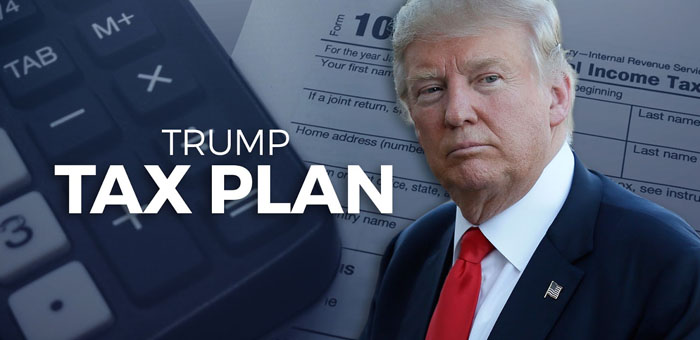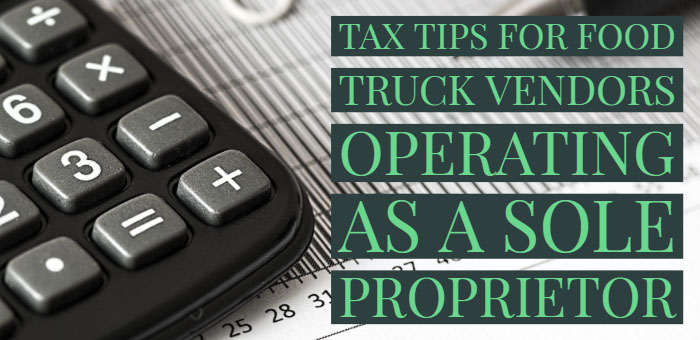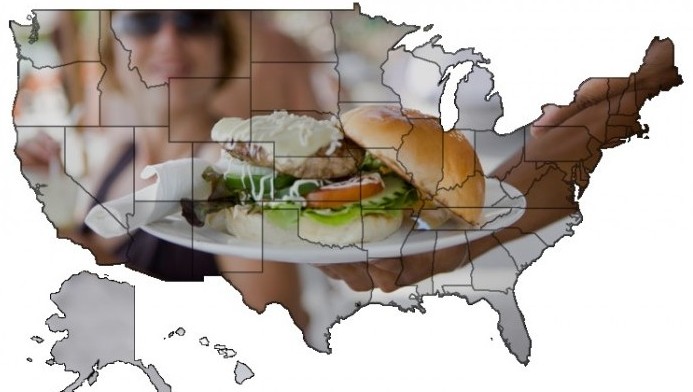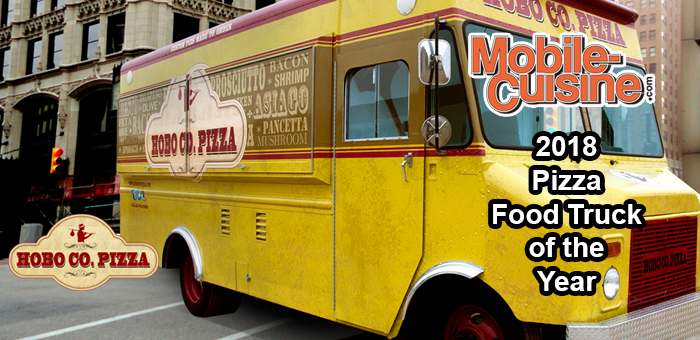The final version of the Trump tax bill seems to be hours away from being signed into law. Developed as a combination recent House and Senate tax bills, this plan combines both versions into an overhaul tax reform bill.
While individuals can expect many changes in the tax bill, which includes an increase to the child tax credit to $2,000, a limitation on state and local tax deductions to $10,000, and the mortgage interest debt deduction capped at homes with a debt of $750,000 are just a few. food truck owners can expect many changes as well.
Politicians and lobbyists are likely to be tired today after passing the Trump tax bill by the Senate at 1 a.m. This analysis looks at some of the provisions that are particularly relevant to the food truck industry.
How Trump Tax Bill Affects Food Trucks
- Lowers the corporate income tax rate permanently to 21 percent, starting in 2018.
- Establishes a 20 percent deduction of qualified business income from pass-through businesses. This provision would expire December 31, 2025.
- Allows full and immediate expensing of short-lived capital investments for five years. Increases the section 179 expensing cap from $500,000 to $1 million.
- Eliminates Obamacare mandate.
Corporate tax rate
Food trucks organized as a corporation can expect to see a considerable rate reduction. The Trump tax bill offers a tax reduction rate of 21%.
Pass-through income
Many food truck owners organized as “pass-through” entities for tax purposes. These are entities whose earnings are taxed on their personal income tax. Thus the name “pass through.” Businesses such as sole proprietors, partnerships, and other business types are “pass-through” entities.
The Trump tax bill will allow vendors to deduct up to 20% of business income from their profits up to $315,000 (for joint filers). Also, the tax bill will further limit the overall tax rate of “pass-through” entities to 29.6% and will limit the tax deduction to high-income earners.
This will result in tax savings for food truck owners. While corporations may fare better under this plan, this version is set to help those whose profits are less than 315,000 or less for joint taxpayers and $157,500 if single, per year.
Immediate capital expensing
Thinking about buying a new truck? How about upgrading your existing kitchen equipment? New food truck business and vendors that plan to grow their food truck empire will benefit from a provision that would let businesses immediately write off the cost of new investments, known as full expensing. It will be on the books for five years unless extended by Congress.
Healthcare mandate
In 2010, the Affordable Care Act, (Obamacare) became the law of the land. With the passing of this bill, it also mandated that taxpayers purchase healthcare insurance or face a tax penalty. The Trump tax bill will do away with the individual mandate, thus eliminating the requirement to buy healthcare coverage beginning in 2019.
RELATED: How Will ObamaCare Affect the Food Truck Industry?
The Bottom Line
The Trump tax bill represents a dramatic overhaul of the U.S. tax code and appears to be a big win for food truck vendors. The nonpartisan Tax Foundation analysis indicates that the plan is pro-growth, boosts long-run GDP 1.7 percent and will increase domestic capital stock by 4.8 percent. Wages, long stagnant, will increase 1.5 percent, while the reform could produce 339,000 jobs. These economic effects will have a substantial impact on revenues as well, as indicated by the plan’s significantly lower revenue losses under dynamic scoring.
What are your thoughts on the Trump tax bill? Share your thoughts on this topic in the comment section or social media. Facebook | Twitter




